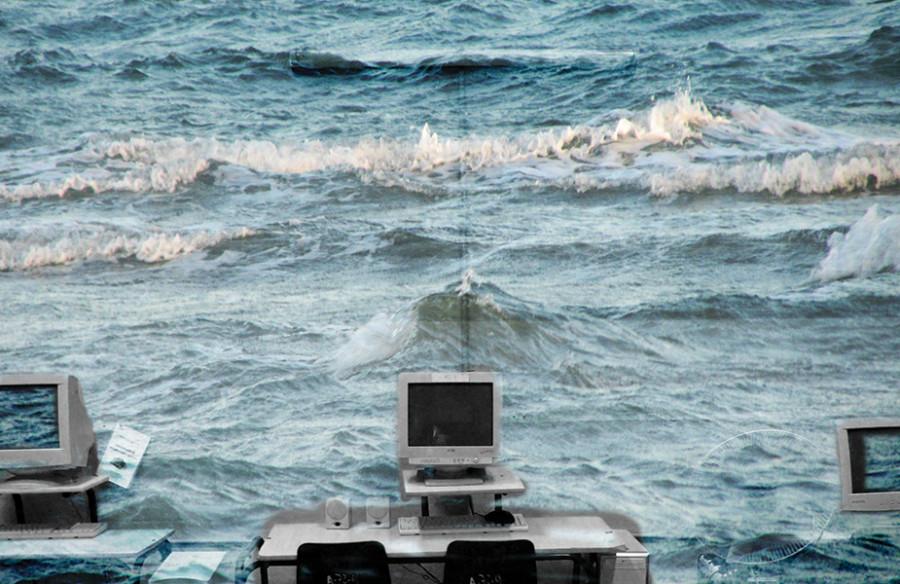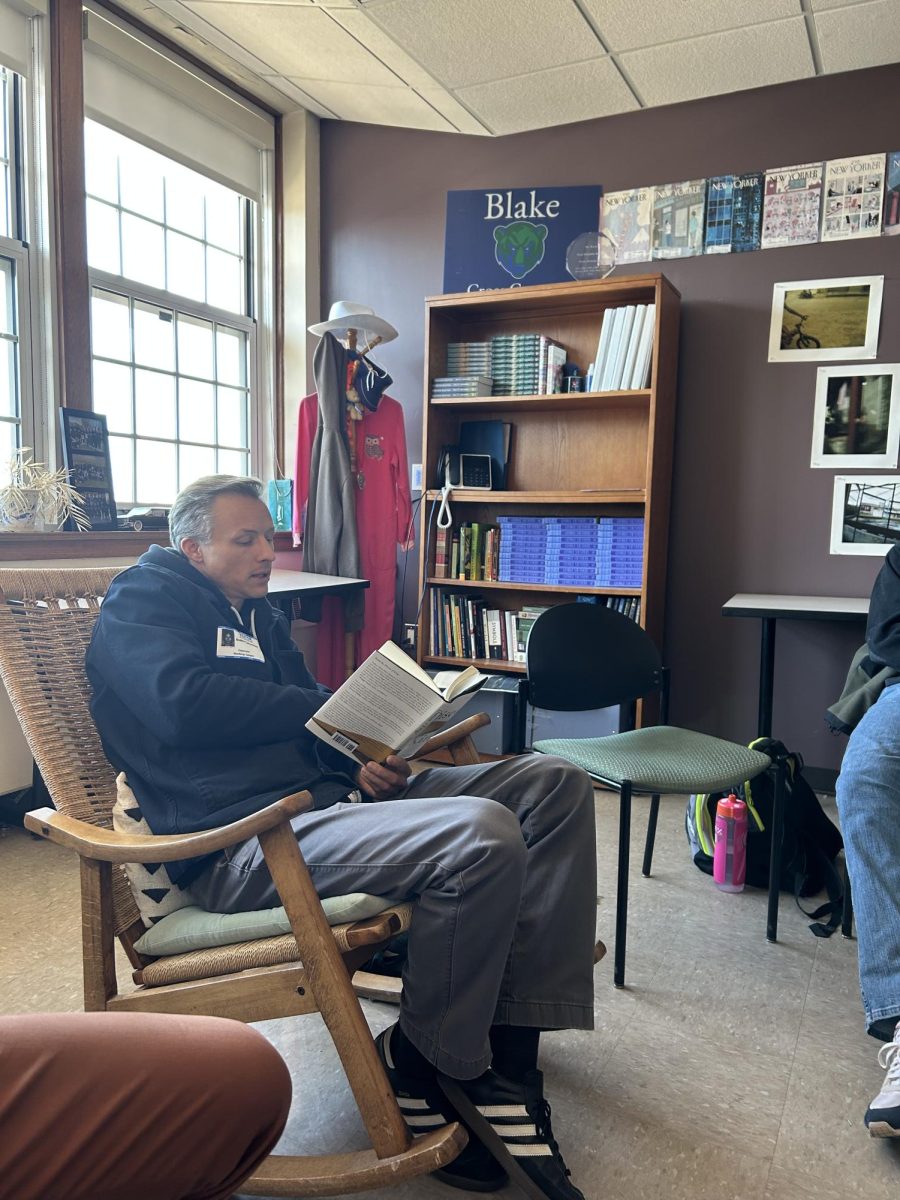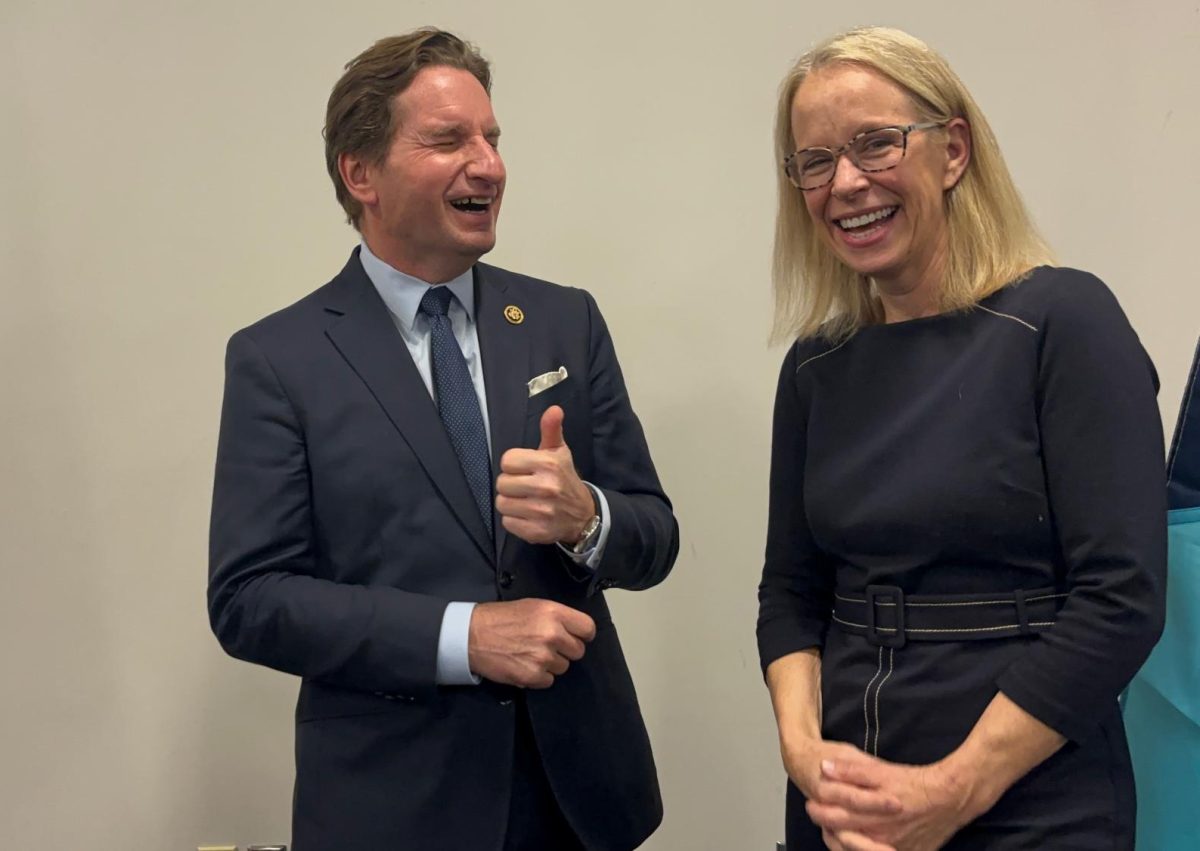Getting things for free isn’t always your best bet. Everyday, thousands of videos and songs are illegally pirated. Pirating is when someone uses or reproduces another’s work for profit. There is a hefty fine and even imprisonment for anyone who is caught pirating. For movies, the consequences are up to 5 years in federal prison and/or up to $250,000 in fines. “I didn’t even know it was such a big deal!” comments an anonymous student. The lack of awareness is what perpetuates piracy’s prevalence as a crime. Even using an artist’s copyrighted music in a Youtube Video is illegal. Most students at the school do not copy other people’s work for profit. However, most of us have illegally downloaded music or videos for free, whether or not we are aware of it.
Piracy is a large issue that occurs not only at the school but internationally as well. According to the Organization for Economic Cooperation and Development, up to 200 billion dollars of U.S. international trade could have been in counterfeit and pirated products in 2005. Those who have been the victims of piracy often face serious financial setbacks. Possibly the best explanation as to why not much is being done to stop copyright infringement is because it is dealt with on a degree of crime enforcement that it is too difficult to prevent piracy on a small level. While other crimes are handled by local or regional law enforcement agencies, piracy or copyright infringement is dealt with by the Federal Bureau of Investigation.
Although the business of pirating media is very treacherous and harms the economy, not much has been done to prevent it. The founders of the popular torrenting site The Pirate Bay were found guilty for copyright infringement. Creators Peter Sunde, Fredrik Neij, Gottfrid Svartholm and Carl Lundström were jailed for one year and subject to more than four million dollars in fines for their actions. Their website allows users to search for applications, movies, games, songs, television shows and more. Users can download these through a torrenting application like uTorrent. Torrenting, in its simplest sense, is when a user can get a full file (e.g. a complete song) by taking bits and pieces of it and compiling the data together. Because these sites are so accessible and there do not appear to be any consequences, some students at the school partake in these illegal actions. “Why would you pay money when you can do it for free?” asks another anonymous student. Students need to understand that piracy has negative effects on the economy and, more importantly, is a serious crime that can result in imprisonment.








Alden Pierson Smela • Mar 20, 2015 at 9:54 am
So that J-Term anti-piracy work has paid off. Solid article.
Ikbal Ahluwalia • Mar 19, 2015 at 11:12 am
Great title! Even better article!